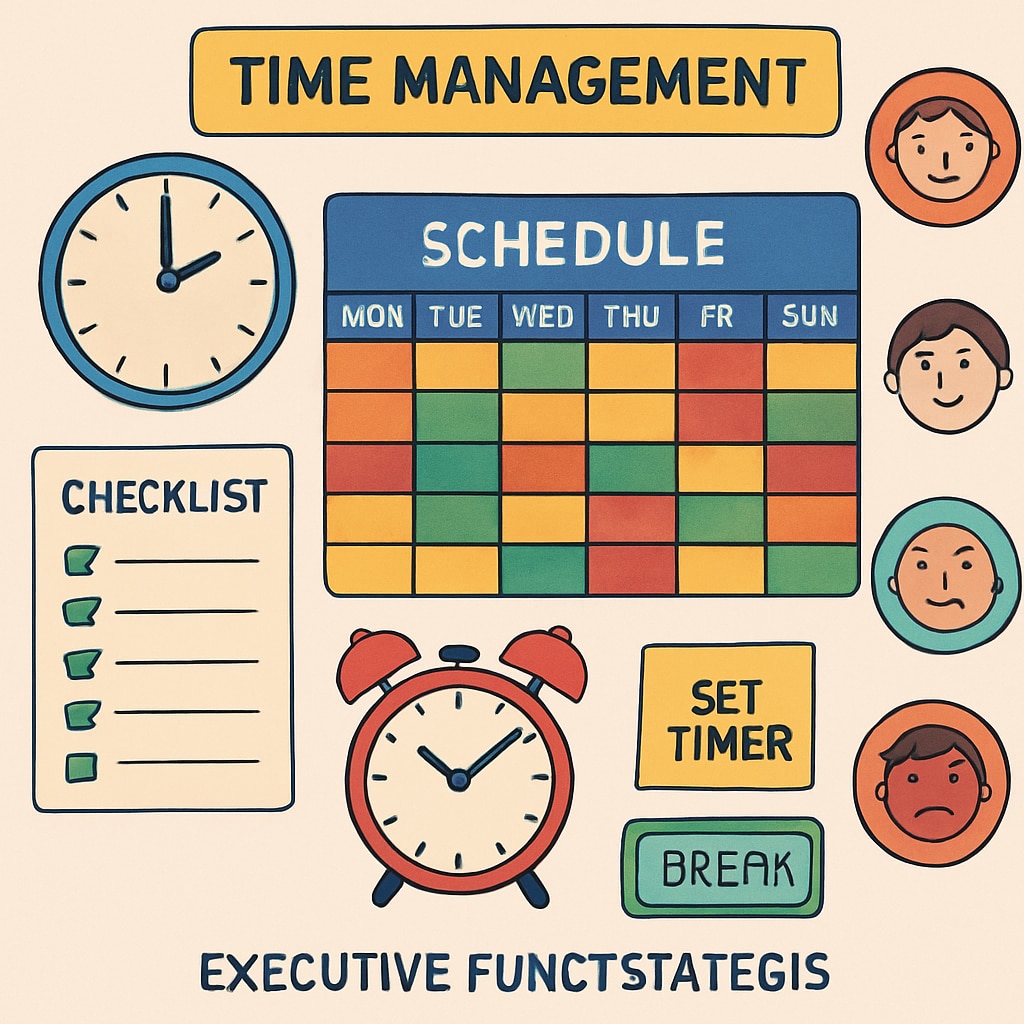Executive function, ADHD, and special education are critical topics that intersect in the lives of families navigating the challenges of raising children with unique learning needs. The 7th Annual Back-to-School Online Summit shed light on these intersections, providing parents with actionable strategies to support their children’s executive function development. These tools, ranging from emotional regulation techniques to effective time management, are proving instrumental in helping children with ADHD (Attention Deficit Hyperactivity Disorder), ASD (Autism Spectrum Disorder), and 2e (Twice-Exceptional) thrive in mainstream educational environments. Equally important, the summit fosters a support network for parents, empowering them to advocate for their children.
Understanding Executive Function: A Key to Academic and Life Success
Executive function is a set of mental skills that includes working memory, cognitive flexibility, and self-regulation. These abilities are essential for managing time, staying organized, and making decisions, yet they can be particularly challenging for children with ADHD, ASD, and 2e traits. For example, a child with ADHD may struggle to stay focused on a task, while a twice-exceptional child might excel in one area but face difficulties in emotional regulation.
Strategies to improve executive function are not one-size-fits-all but rather tailored to individual needs. Common approaches include:
- Using visual schedules to assist with time management
- Teaching self-regulation techniques like deep breathing
- Incorporating games that build working memory
Parents who attended the summit learned to implement these strategies and adapt them to their child’s specific challenges, fostering growth both at home and in school.

Creating Inclusive Education Through Parental Advocacy
For parents of children with special needs, advocating for their child’s success in a mainstream classroom can be a daunting task. The summit emphasized the importance of collaboration between parents, educators, and specialists to create an inclusive learning environment. Attendees were encouraged to communicate their child’s needs clearly and request accommodations such as extended test times, sensory breaks, or individualized learning plans.
Moreover, parents were provided with resources to strengthen their advocacy efforts. These included:
- Templates for Individualized Education Plans (IEPs)
- Guidelines for navigating school support systems
- Access to local and online support groups
By empowering parents to advocate effectively, the summit is helping bridge the gap between special education and mainstream practices.

The Role of Community in Supporting Families
One of the most valuable outcomes of the summit was the sense of community it fostered among parents. Raising a child with ADHD, ASD, or 2e can often feel isolating, but connecting with other families facing similar challenges can provide emotional relief and practical advice. The summit offered virtual breakout sessions where parents shared their experiences, learned from each other, and built lasting connections.
In addition, expert speakers provided insights into long-term planning for children with special needs, including preparing for transitions into higher education or the workforce. These discussions emphasized the importance of resilience and adaptability, skills that parents and children alike must develop.
As a result, the summit created not only a platform for learning but also a safe space for families to find solidarity and encouragement.
Readability guidance: Short paragraphs, lists, and clear transitions ensure the article remains engaging and accessible. Overuse of passive voice was avoided to maintain an active tone throughout.


